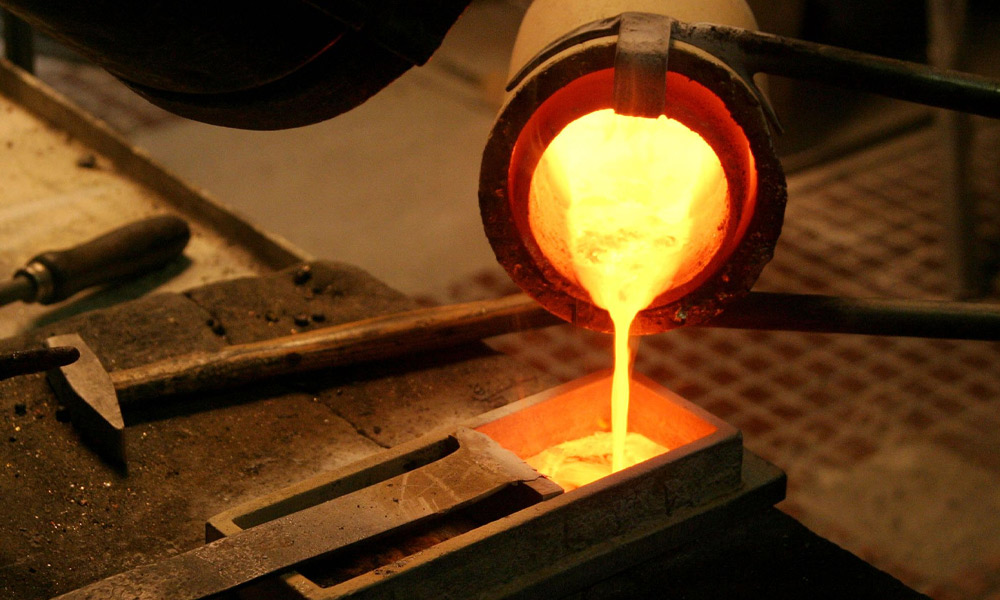Metal casting is an ancient technique that has been vital to human civilization for centuries. From creating intricate sculptures to manufacturing complex industrial parts, metal casting plays a vital role in a variety of industries.
Silicon, an element often associated with advanced technology, is one of the most useful elements to humanity. Mostly used to make aluminum-
silicon alloys and
ferrosilicon (iron-silicon) alloys, it also has a significant impact on the metal casting process. China, Russia, Norway, and Brazil are the largest producers of silicon minerals. In this article, we will take a deep dive into the use of silicon in metal casting, exploring its properties, applications, and the ways it enhances the casting process.
Understanding Silicon in Metal Casting
Silicon is a versatile element that is widely used in metal casting due to its unique properties. When alloyed with metals such as aluminum, copper, and iron, silicon enhances the strength, hardness, and corrosion resistance of the resulting alloy. These improved mechanical properties make silicon alloys particularly valuable in industries where durability and performance are critical.
Why Silicon is Suitable for Metal Casting
High Melting Point: Silicon has a high melting point, making it suitable for high-temperature applications such as metal casting.
Low Thermal Expansion: Silicon has a low thermal expansion property, which helps reduce the risk of thermal stress during the casting process.
Good fluidity: Silicon improves the fluidity of molten metal, allowing it to flow more easily into complex molds and cavities.
Enhanced strength: Silicon increases the strength and hardness of metal alloys, making them ideal for applications that require high mechanical properties.
Applications of Silicon in Metal Casting
1.
Aluminum Casting: Silicon is commonly used in aluminum casting to improve the mechanical properties of the alloy. Aluminum-silicon alloys are lightweight and have excellent corrosion resistance, making them ideal for aerospace and automotive applications.
2.
Cast Iron: In cast iron, silicon is added to gray iron to promote the formation of graphite flakes, which enhances the material's machinability and damping properties. Silicon also improves the wear resistance of ferroalloys.
3.
Cast Steel: Silicon is used in cast steel to deoxidize the molten metal and improve its fluidity. Silicon also helps control the grain size of the steel, resulting in stronger, more flexible castings.
Role of Silicon in Enhancing the Casting Process
Improved fluidity: Silicon improves the fluidity of molten metal, allowing it to more easily fill complex mold cavities. This property is essential for achieving complex and detailed castings.
Reduced Shrinkage: Adding silicon to metal alloys helps reduce shrinkage defects in castings, ensure dimensional accuracy and reduce the need for additional machining.
Enhanced Machinability: Machinability is easy to process. This property is particularly useful in applications that require post-casting machining.
Challenges and Considerations
While silicon offers many advantages in metal casting, there are also some challenges to consider:
1.
Brittleness: Too high a silicon content can cause alloy brittleness, which can compromise its mechanical properties. Proper alloy design and silicon content control are critical to preventing this problem.
2.
Porosity: If not properly controlled, silicon can increase the risk of porosity in castings. Careful machining and strict quality control measures must be taken to minimize porosity.
3.
Cost: Silicon is a relatively expensive element that affects the overall cost of producing silicon-containing alloys. A cost-benefit analysis is essential to determine the feasibility of using silicon in a specific casting application.
